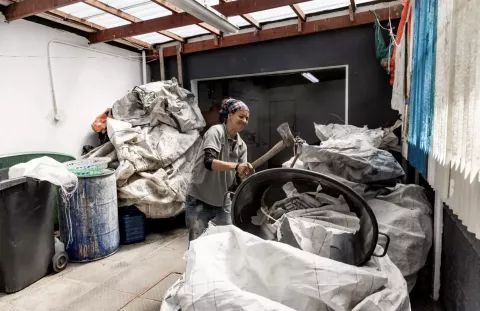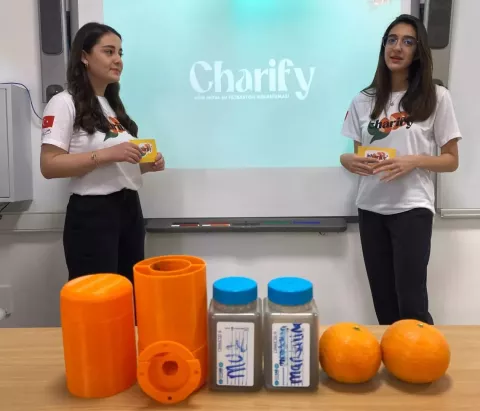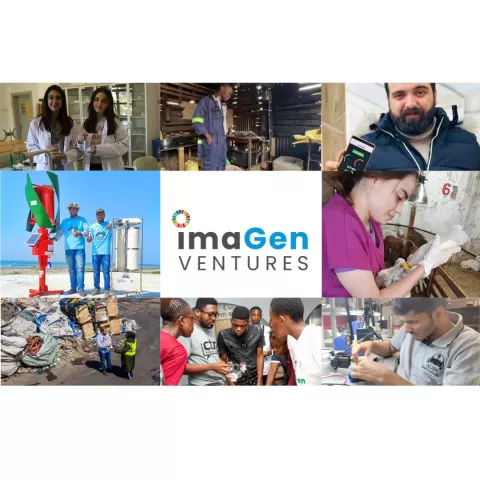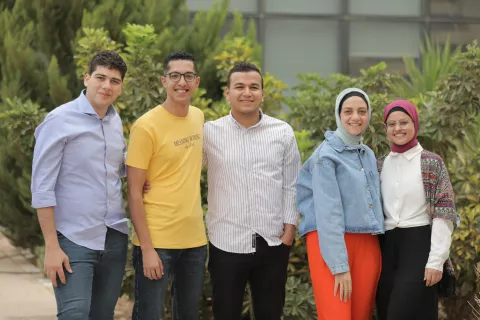Post-COVID-19: Connecting Young People to Jobs of the Future
How can we influence systems to positively impact the future of work for youth?
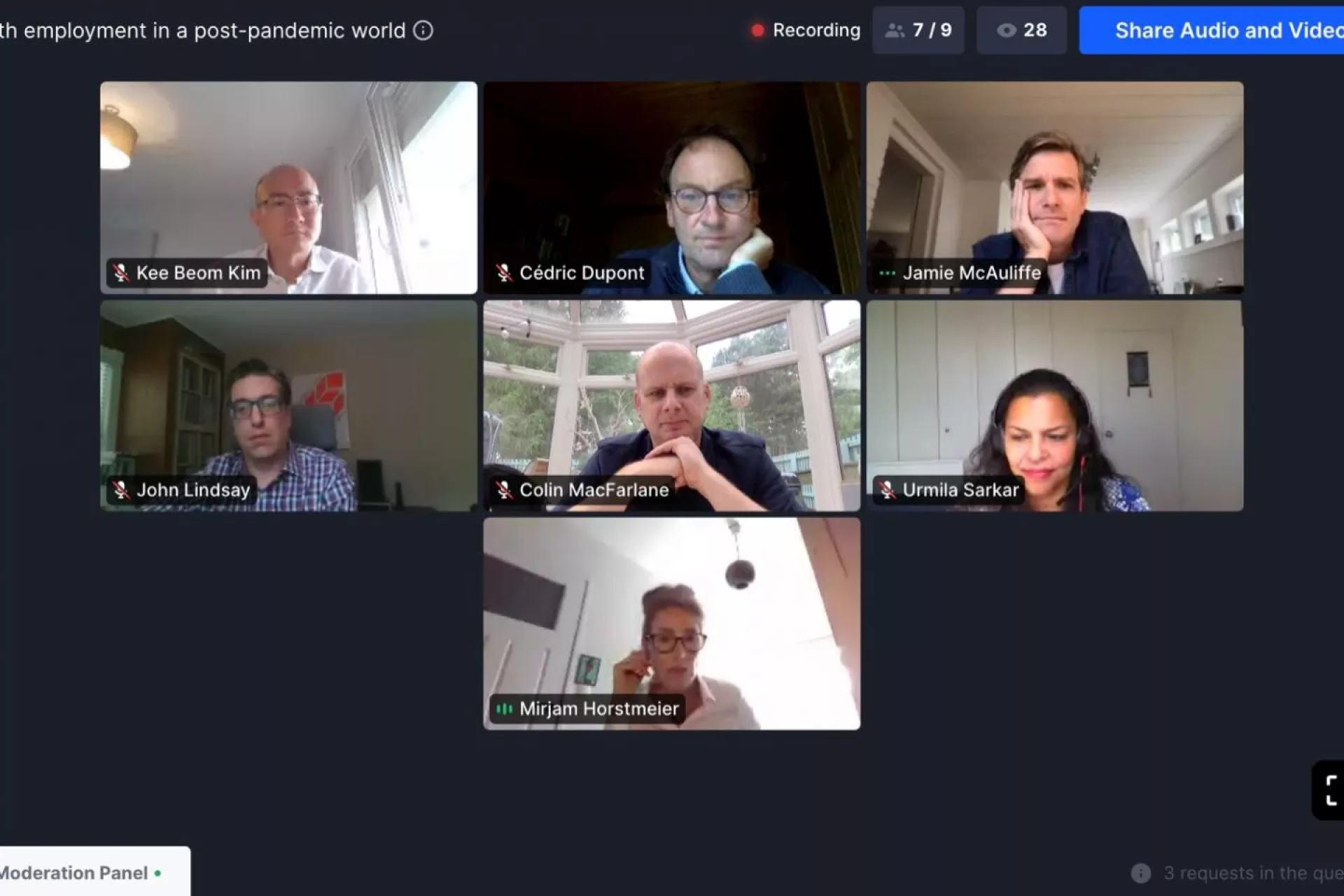
The pandemic has brought devastating effects on young people especially on their livelihood opportunities and employment prospects. Recent ILO data shows that youth employment fell by 8.7 per cent in 2020 compared with 3.7 per cent for adults. Meanwhile, the world of work continues to rapidly transform. Nearly 50 per cent of companies expect that by 2020, automation will lead to some reduction in their full-time workforce, and more than half of all employees will require significant reskilling and upskilling.
The risk of seeing a whole generation significantly lose out on work opportunities is high. That is why Generation Unlimited is joining forces with partners to scale up efforts to build employment pathways, skills, innovations, entrepreneurship opportunities, and to impact systems change together with young people, governments, business leaders, non-governmental organizations and more.
Against this backdrop, Generation Unlimited collaborated with YMCA in the Youth-led Solutions Summit on the Future of Work that took place from 7–9 June 2021, which gathered over 1,400 participants. The event gathered thousands of partner organizations and young people from across the world and engaged a very diverse range of stakeholders, including some of GenU’s Global Leadership Council members, the International Labour Organization (ILO), Decent Jobs for Youth, the World Economic Forum, the Office of the UN Secretary-General’s Envoy on Youth among others. The GenU team was delighted by the collaboration with YMCA to host the Summit and is continuously in discussions with YMCA and other major youth-led organizations to bring the outcomes of such impactful events to life.
The Chief Executive Officer of Generation Unlimited, Kevin Frey, had the honour of opening the Summit. His keynote speech on the future of work explored the patterns of change and shifts in labour markets as well as the need for collaboration in reskilling and upskilling young people in the face of disruptive automation. Mr. Frey highlighted that “Developing and enhancing skills and capabilities through innovative, digital skilling, learning and meaningful work will be the key drivers of economic success, of individual well-being and societal cohesion”. He called upon all major actors in the field to focus on people not jobs, emphasizing that “We can’t protect jobs which are made redundant by technology – but we do have a responsibility towards people. We need to nurture resilience, adaptability and reskilling.”
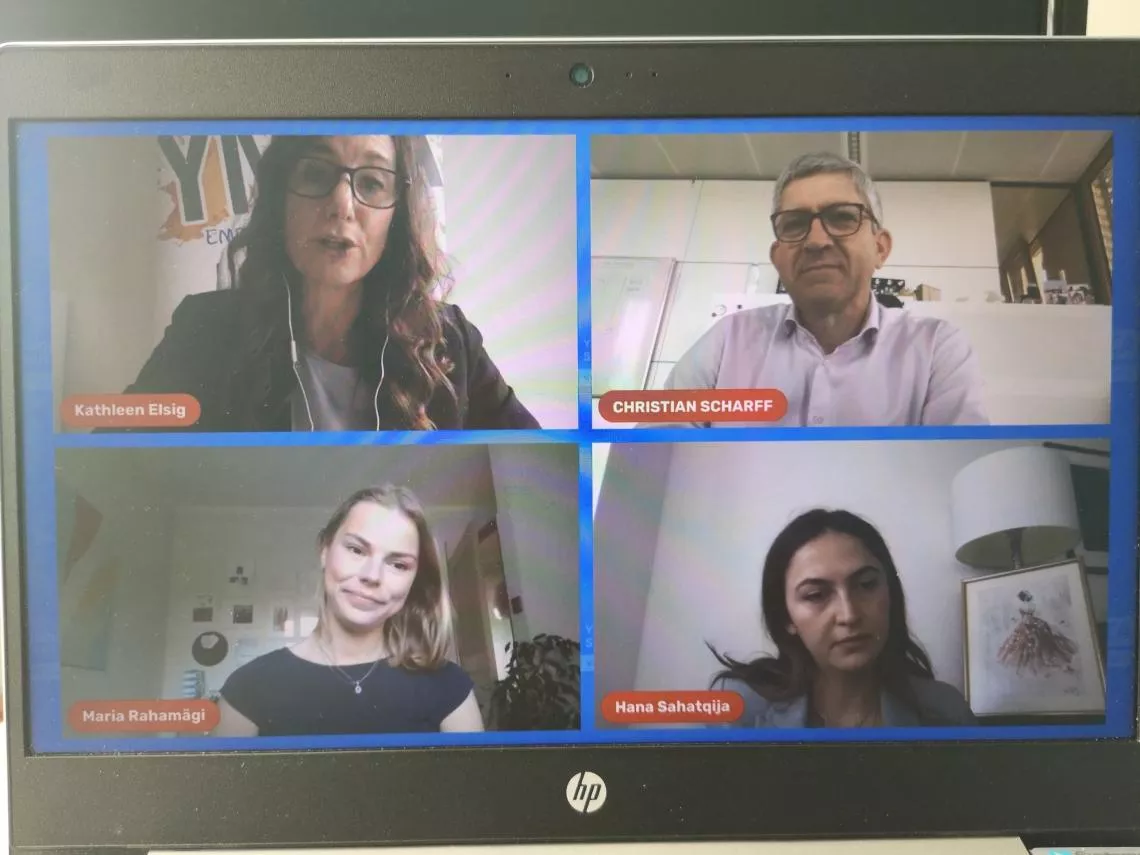
In a breakout session which included Kee Beom Kim from ILO, Mirjam Horstmeier from the Ministry of Foreign Affairs, Netherlands and others, GenU’s Senior Adviser on Programme and Planning, Urmila Sarkar, had the opportunity to share more on GenU’s youth employment and systems change work. She drew on examples of policy-level changes that young people have instituted through GenU programming and partnerships, such as the multi-country partnership with the World Association of Girl Guides and Girl Scouts – Her Voice, Her World – and YuWaah’s Young Warriors. She also spoke about systemic barriers that need to be overcome so that youth insights and engagement can better inform policy and practice at national and international levels. She emphasized that “The voices of young people from grassroots and local organizations must inform policy making since they will have first-hand knowledge of their own needs. Young people are an incredible source of energy and creativity and are capable of offering new ideas and insights that are important for driving economic and social progress. Keeping them at the centre of everything that GenU does has been a critical driver of GenU’s success and impact.”
Hana Sahatqija , GenU’s Youth Engagement Lead, presented during another roundtable on how young people today prepare for the future of work, along with Christian Scharff from PwC and other panellists. Referring to examples from the field and the young people active in GenU’s youth governance structures, she ensured that the concerns of young people are voiced to partners so they can be incorporated in their programmes. She highlighted that GenU is a partnership steered by young people, who deeply understand the challenges that they face and have the ambitions to create relevant solutions. GenU being a partnership platform that has garnered some of the most influential actors in the field, she stated that working with young people in all that GenU does and integrating their vision as part of Public Private Youth Partnership has proved crucial in creating meaningful impact for their lives.

